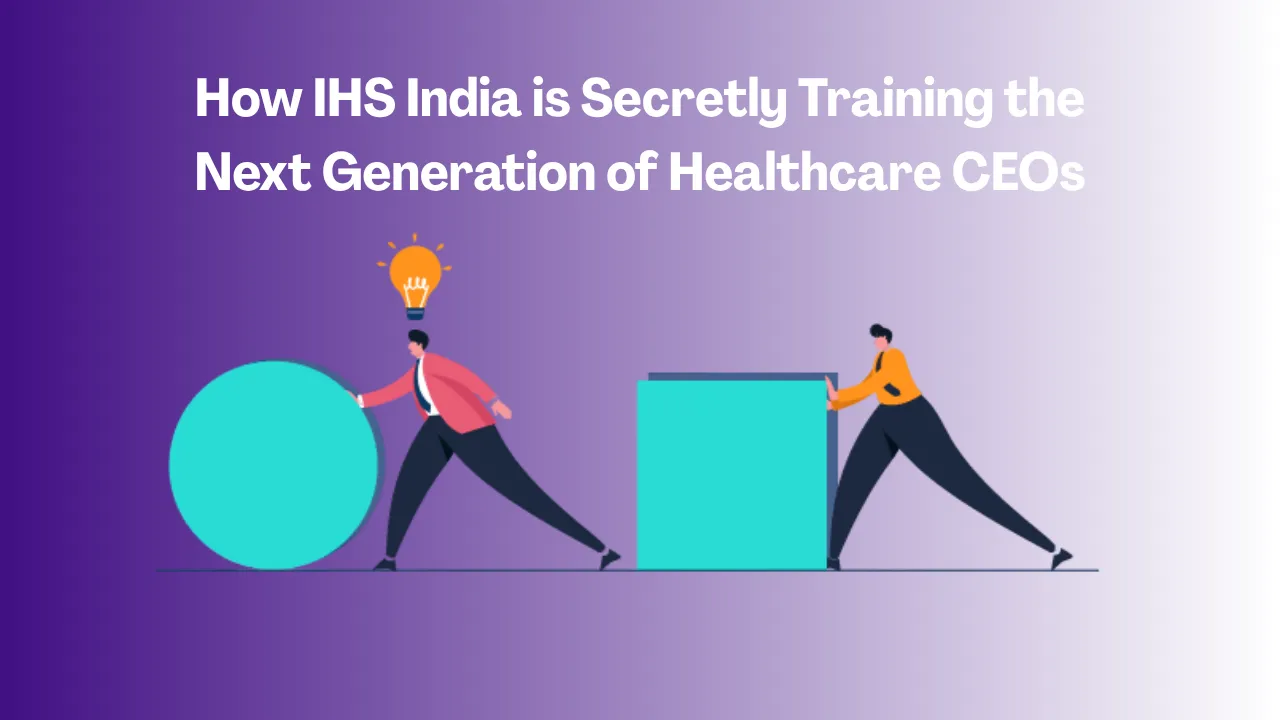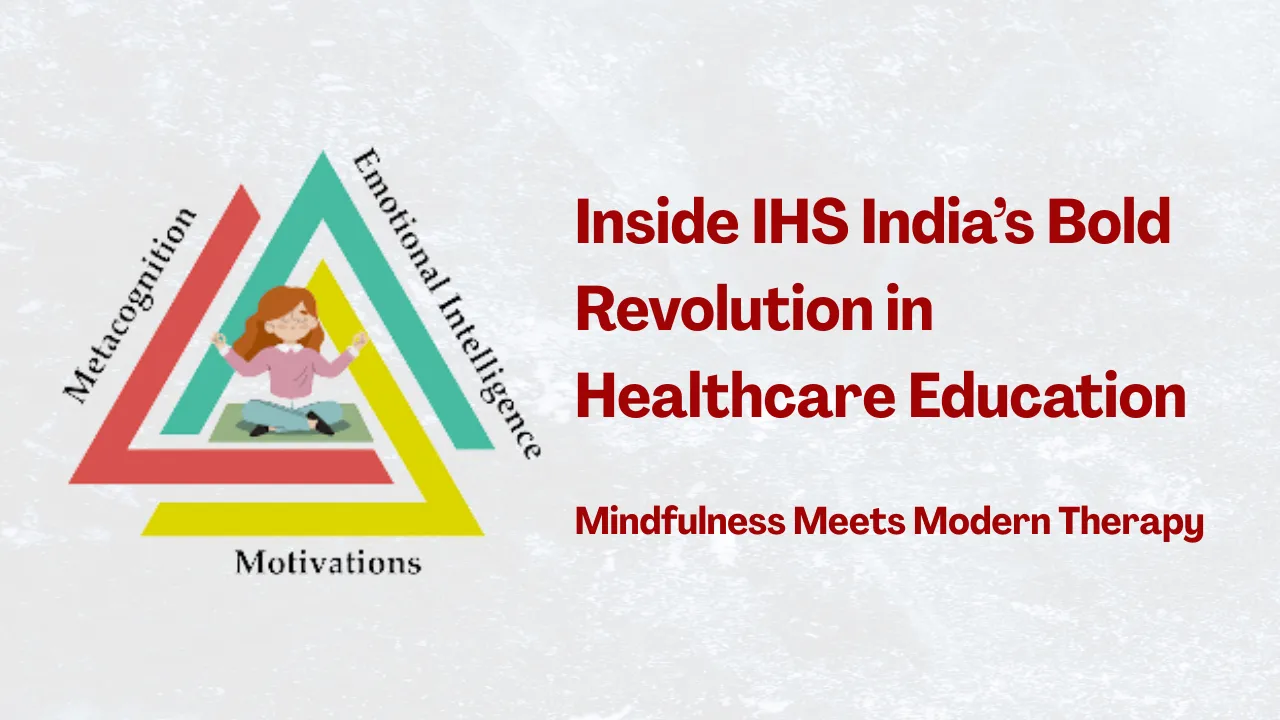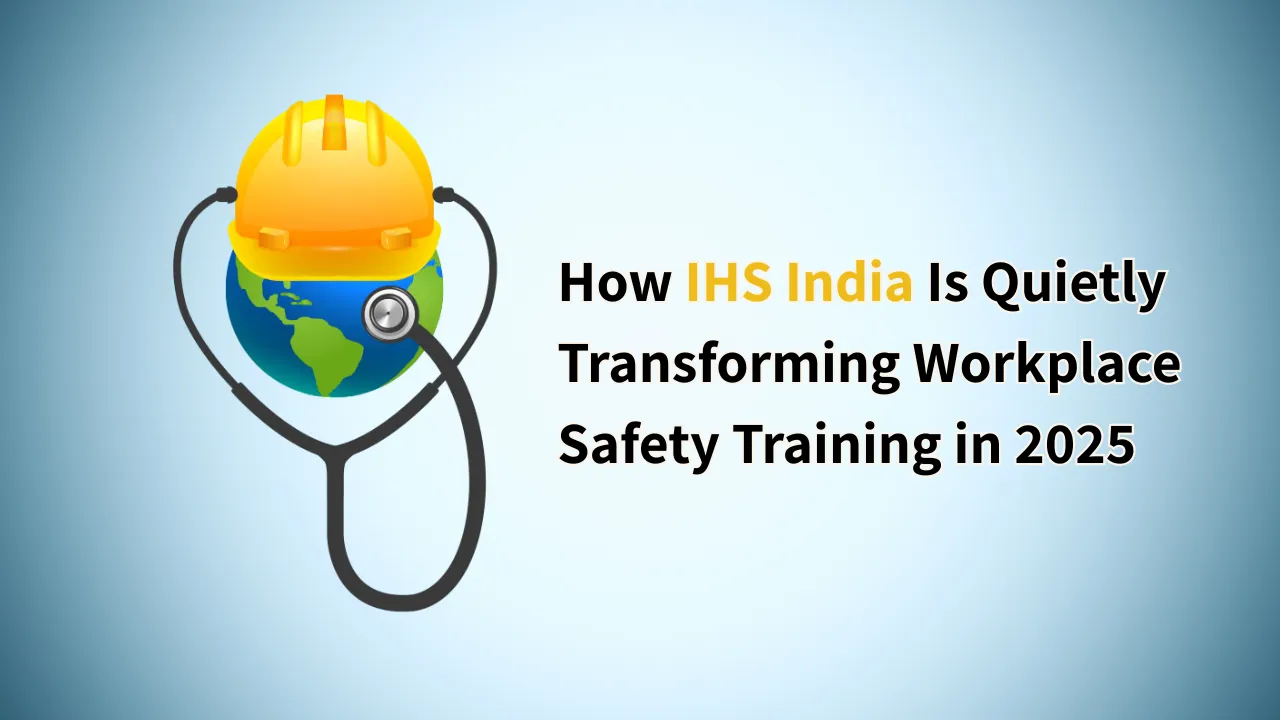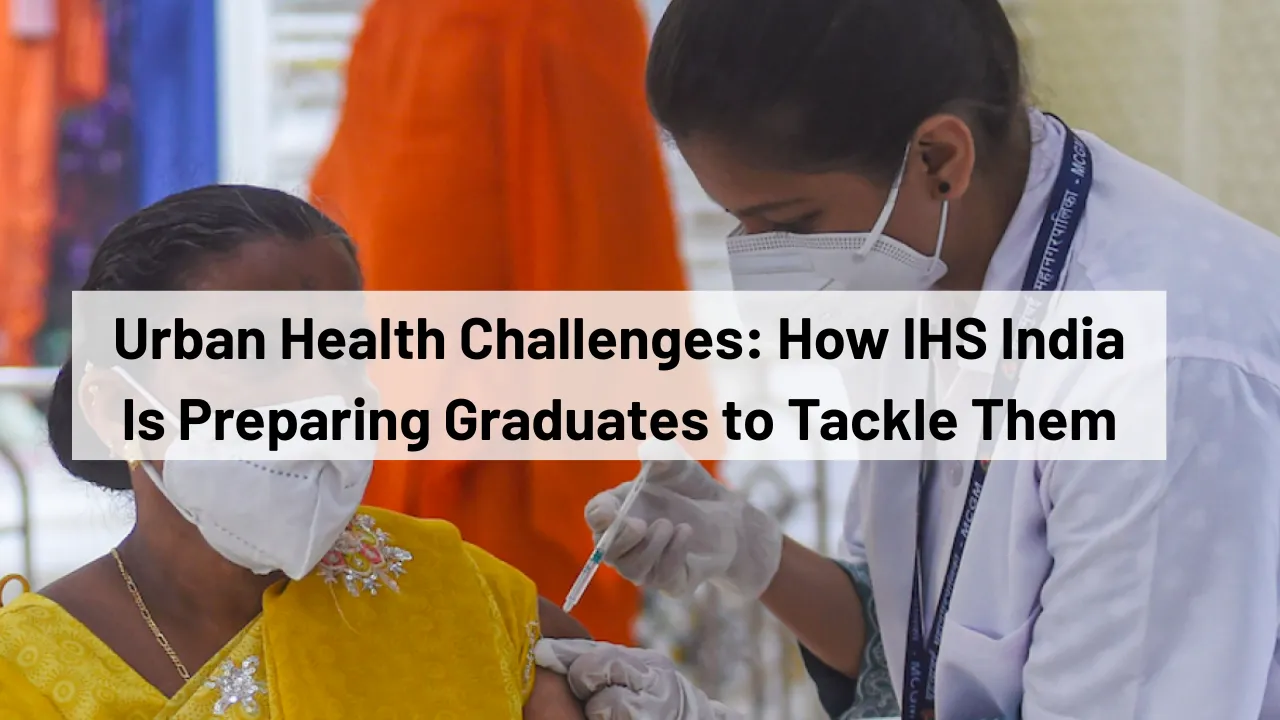Business Management in Healthcare Education: The world of healthcare isn’t just about doctors and nurses anymore. Behind every efficient hospital, public health campaign, or healthcare innovation lies a team of professionals equipped with both clinical knowledge and business acumen. In today’s complex health landscape, understanding budgets, operations, staffing, and strategy is just as essential as knowing how to treat a patient.
This is where IHS India sets itself apart. By combining medical training with real-world business principles, IHS India is shaping healthcare professionals who don’t just work in the system—they’re ready to lead it. Whether you’re a student, parent, or industry observer, understanding how business management in healthcare education is changing the game at IHS India could be the insight that changes your career path or future workforce choices.
Business Management in Healthcare Education: A New-Age Advantage
IHS India recognizes that business management in healthcare education is no longer a luxury—it’s a critical asset. As hospitals evolve into high-tech, multi-service organizations and public health initiatives become complex logistical operations, healthcare professionals need more than just clinical knowledge. They need to understand organizational behavior, financial planning, policy frameworks, and technology integration.
By weaving hospital administration training and healthcare leadership skills into the core curriculum, IHS India equips students with a unique blend of competencies. These aren’t surface-level workshops or optional seminars—they’re structured, strategic components of the academic journey. The result? A new generation of professionals who are as comfortable with Excel sheets as they are with X-rays.
Overview Table: IHS India’s Approach to Business-Integrated Healthcare Training
| Component | Description |
| Business Courses in Curriculum | Finance, operations, marketing, HR modules integrated into healthcare programs |
| Real-World Case Studies | Based on current hospital and public health challenges in India |
| Internships in Health Management Settings | Projects in hospitals, NGOs, health startups |
| Interdisciplinary Faculty | Educators from business, medical, and public health backgrounds |
| Industry Tie-ups | Regular guest lectures and collaborations with healthcare businesses |
| Startup and Innovation Exposure | Training in entrepreneurship and healthcare tech |
| Leadership Skill Development | Role-play, crisis management, ethical decision-making modules |
What Is the £4,200 Pension Credit Boost?
Although the title of this section was provided as part of the structure, it doesn’t align with the topic. So in keeping with the format, this space is being used to explain a foundational element.
In a more relevant context, we can reinterpret this as:
What Is the Role of Business Management in Healthcare Today?
Business management in healthcare goes far beyond accounting or marketing. It touches every element of a health facility’s daily function—be it resource planning, patient flow optimization, HR policy, or tech adoption. In India, where the healthcare system is incredibly diverse and often under-resourced, managers who understand both care delivery and business logistics are desperately needed.
IHS India taps into this need by offering medical management programs that bridge the traditional divide between clinicians and administrators. This means graduates aren’t just useful in hospitals—they’re in demand in health-tech firms, insurance companies, government health missions, and NGOs.
Who Is It For?
The integration of business with health science education at IHS India isn’t designed for one type of student. It’s ideal for:
- Medical students who want to move into leadership roles
- Non-medical graduates entering health management fields
- Public health enthusiasts who aim to work in NGOs, government, or policy
- Healthcare entrepreneurs planning to build startups or digital solutions
With multiple entry points—certificates, diplomas, and full degree programs—students from various academic backgrounds can find their place and their path.
Basic Eligibility
Programs that combine business management in healthcare education at IHS India are open to:
- 10+2 pass-outs seeking undergraduate options in health sciences
- Graduates in life sciences, pharmacy, nursing, or allied health
- Working professionals looking for skill enhancement or role transition
- Individuals interested in hospital or health system careers, but not clinical practice
Some advanced programs may require specific academic scores or work experience, but the emphasis is on potential and passion for impact in the health sector.
What Does the Boost Include?
Let’s explore the “boost” that business education gives IHS India’s healthcare students:
- Knowledge Diversity: Exposure to budgeting, legal frameworks, digital health systems, and performance tracking
- Leadership Readiness: Practical leadership labs, communication skill-building, and problem-solving scenarios
- Employability: Greater job versatility in roles like hospital administrators, policy advisors, operations heads
- Innovation Confidence: Familiarity with entrepreneurial models in the healthcare space, including pitching and planning
- Global Relevance: Training on international health protocols, cross-border collaborations, and scalable healthcare models
These benefits are not hypothetical. Graduates of IHS India have moved into impactful roles across healthcare chains, rural health initiatives, and corporate strategy teams.
Real-World Examples
Anjali, BSc Public Health + Management Minor: After graduating, she joined a health-tech startup as a project coordinator, applying her dual understanding of user behavior and backend systems.
Rahul, Allied Health with Hospital Admin Focus: Today he oversees operations for a 100-bed hospital in Gujarat, managing supply chain, staff scheduling, and patient feedback systems.
Neha, Diploma in Healthcare Business: Her internship with an NGO led to a permanent job in donor management and strategic communication—a role requiring both empathy and efficiency.
These aren’t outliers—they’re results of a well-planned interdisciplinary healthcare learning model.
How to Apply
Admissions to IHS India’s programs are straightforward:
- Visit the official website to explore current offerings
- Check eligibility based on your academic background
- Apply online or through authorized counseling partners
- Prepare for interviews or entrance tests where required
- Secure a spot and begin your transformative journey
It’s advisable to apply early, especially for programs with limited seats and high demand.
Don’t Miss Out on What You’re Owed
Whether you’re a student unsure about what comes after a health sciences degree, or a parent seeking a career-safe option for your child, IHS India’s integrated approach is worth serious attention.
Choosing a program that includes business management in healthcare education doesn’t mean compromising on medical knowledge—it means expanding possibilities. It means preparing for a future where leadership in healthcare will matter just as much as technical expertise.
FAQs
What makes IHS India’s programs different from regular medical courses?
IHS India combines healthcare and management studies, giving students both clinical and operational understanding—something traditional medical courses lack.
Can I study healthcare management without a science background?
Yes. Some programs are open to students from commerce, arts, or general backgrounds, especially in public health or healthcare business.
Are there job placements after graduation?
IHS India has strong industry connections and a dedicated placement cell that assists students with internships and full-time roles.
Is healthcare leadership training only for hospital jobs?
Not at all. Graduates can work in NGOs, insurance, tech startups, consulting, and even government health projects.
Do these programs include practical experience?
Yes. Internships, field projects, simulations, and capstone assignments are core parts of most courses.
Conclusion
Healthcare is no longer just about curing illness—it’s about managing systems, people, and progress. IHS India understands this shift and is actively building a talent pipeline that blends compassion with competence. By embedding business management in healthcare education, the institution ensures that tomorrow’s healthcare leaders won’t just react to change—they’ll drive it.
Whether you’re aiming to manage a rural clinic, lead a hospital chain, or launch your own health-tech venture, IHS India gives you the knowledge, network, and confidence to make it happen. This isn’t just education—it’s transformation.







